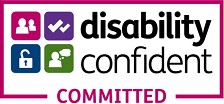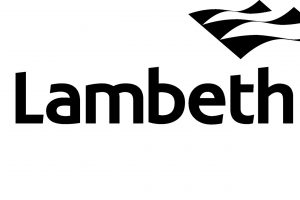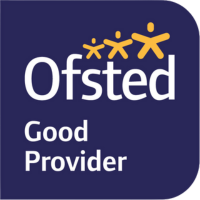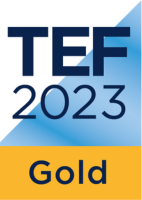The Access to HE Diploma - Radiography is an ideal course for adults (anyone aged 19+) with a keen interest in the study of Radiography in Higher Education. The course is suitable for students with a wide range of previous educational or career experiences who now wish to pursue further study in Diagnostic and Therapeutic Radiography fields. Access courses are nationally recognised Level 3 qualifications, validated by the awarding body Ascentis and are suitable for learners aged 19+ and for adults who have been out of full-time education for some time and are aiming towards higher education courses. The number of UCAS Tariff points for the Access to HE Diploma varies between 48 and 144 points, depending on your final grade profile.
Access to HE Diploma: Radiography
When & Where
-
4 September 2024 - 20 June 2025 ( 420 hours, 35 weeks )
- Morning, Wednesday, Thursday
-
View course timetable
-
North Kensington Centre
Quick Facts
- Availability Yes
- Course Code K24SHEJ04A
- Suitable For 19 year olds and up are permitted on this course
What you will learn
Learning Outcomes
By the end of this course, you will be able to:
- The 60 credits include 24 credits in Biology, 18 credits in chemistry, 3 credits in Physics and 15 credits in Study skills
- Biology - Aspects of Human Physiology, Anatomy and Physiology of the Human Skeleton and Muscles, Practical Investigation (Human Physiology), Professional Healthcare Practice, Mental Health and Well-being, Complementary Therapies
- Physics - Principles of Physics, Nuclear and Thermal Physics, Radiology and Medical Uses of Radioisotopes
- Health Studies - Interpersonal Skills in Healthcare, Psychology and Treating Disorders
- Skills units - Developing Skills for Examination, Researching and Understanding Opportunities for Higher Education, Creative Presentation, Critical Thinking, ICT-Skills and uses for Higher Education
On successful completion of the course, you will achieve the following qualification: Access to HE Diploma (Radiography) [OCNLR]
Class format and activities
The Diploma is made up of units that amount to 60 Level 3 credits. The 60 credits include 45 Credits in graded units and 15 credits in ungraded study skills. The course is made up of 15-20 units at 3-6 credits each. You will be taught in various ways including lectures, workshops, seminars, self-directed study, research exercises, group-learning and work-based activity and tutorials. Morley also reinforces teaching through the use of e-learning that enables you to learn interactively using the internet, with self-tests and quizzes as well as online lecture notes being made available. The assessment methods include assignments, presentations, exams, and class tests, suitably geared toward vocational learners. There is a tutorial session built in the timetable to allow you to have a one to one with your personal tutor. In addition, there is a study support class which is available to all students to further support your studies.
Entry requirements
You must be aged 19 or over and have GCSE English and Maths at grade A-C / 4-9 or Level 2 Equivalent. These are set to mirror the requirements set by most universities, but please be aware that some universities will not accept equivalent qualifications such as functional skills. You will be invited to a 30 – 45 minute interview with one of the course tutors. If English is not your first language or you have not previously studied in English, our usual requirement is the equivalent of an International English Language Testing System (IELTS Academic Test) score of 6.5/7, with not less than 6.0 in each of the sub-tests.
What you need to know before you enrol
The course runs from the beginning of September to the end of June and your timetable will normally be over three days a week. This may include a mixture of teaching in college and online. Excellent attendance and punctuality will be required to complete the course successfully. Due to the volume of scientific ideas and principles covered, as well as their applications, students should be prepared to allow a minimum of 6 hours per week of individual study outside of lessons. This requires dedication and commitment if you are going to succeed. We endeavour to prepare students for the demands of a University degree course in just nine short months. It is therefore essential that you think about how you are going to balance work, family and social life with your studies. Applicants are expected to show a high degree of verbal and written communication skills. Please note, an additional requirement from some universities is to undertake a work placement, in which case you will be required to pass a criminal record check (through the Disclosure and Barring Service).
What you need
You should arrive to your lessons prepared to learn with pens, pencils and a writing pad. You should also invest in a ruler, some graph paper and a scientific calculator. All other resources and materials you need will be provided. In the event of teaching moving online, you will need a computer with internet access for online lessons on a daily basis.









